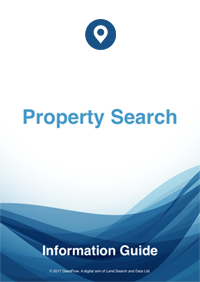Agreed Notices and Unilateral Notices
Contents
Overview
A Notice is usually entered in the C Section of the Title Register in order to give legal effect to an incumbrance affecting the property or affecting a charge to the property. There are two types of Notice, i.e. an Agreed Notice and a Unilateral Notice. The entry in the Title Register of an Agreed Notice and a Unilateral Notice have the same effect. They are both made to protect the priority of interests in the Register. The main difference is that one is made by consent (or doesn’t require consent).
Agreed Notice
Some types of interest can only be protected by an Agreed Notice, which requires the consent of the person against whom it applies, or else can legally be made without their consent on production of evidence, such as an official copy of a court order.
Interests which can only be protected by an Agreed Notice include Home Rights, a public right of way, and an agreement to vary a lease.
Application for an Agreed Notice is made on Land Registry form AN1.
Unilateral Notice
A Unilateral Notice can be made with or without the consent of the person against whom it is made, e.g. where a charging order is obtained from the court to secure payment of a debt. In this respect a charging order nisi (made in the court without the debtor’s knowledge) would be entered in the Register as a Unilateral Notice without first informing the owner of the property or charge (fore-knowledge might pre-empt an attempt to sell or mortgage in order to defeat the claim). When the charging order is made absolute after a court hearing involving both parties it is then re-registered at the Land Registry.
A person against whom a Unilateral Notice has been registered will be notified of the same by the Land Registry, after it has been registered. That person can then apply to have the entry cancelled if he believes such an application would be successful.
Application for a unilateral Notice is made on Land Registry form UN1.
Title Register
The Land Registry Title Register holds data relating to the property ownership, purchase price, mortgage, tenure, covenants, rights of way, leases and class of title.
£19.95Associated Documents
Deeds creating Restrictions, Covenants, Easements, etc. are often kept digitally by the Land Registry and made available for sale due to their invaluable detail and content to assist in further understanding the Restrictions, etc.
£29.95Lease & Lease Plans
The Lease and its Lease Plan usually form one document and are both provided for the one fee. They are very useful in resolving disputes, particularly with car parking and other shared areas.
£19.95


